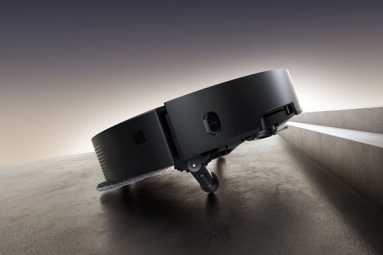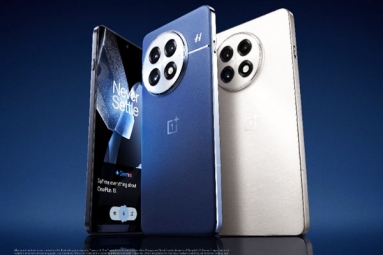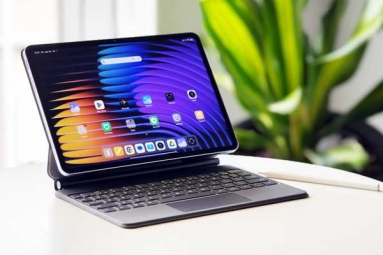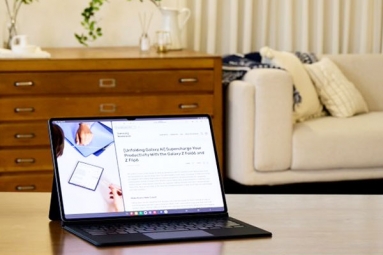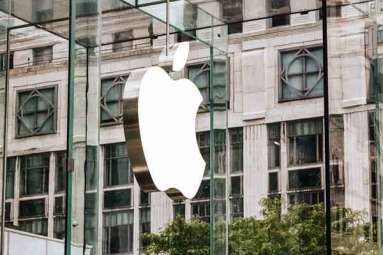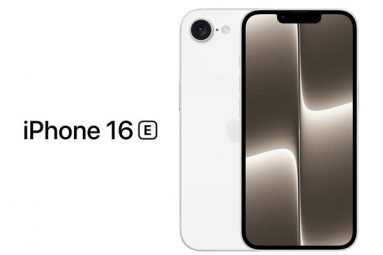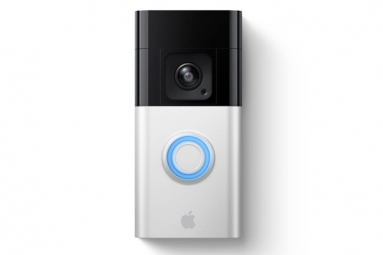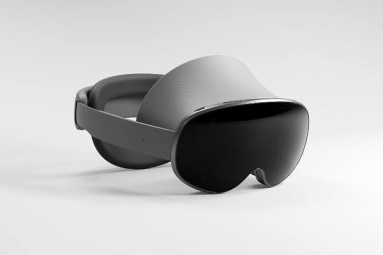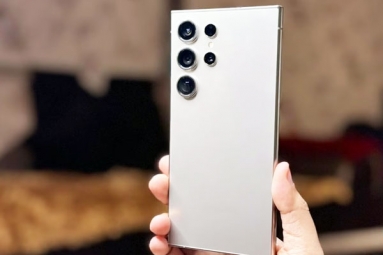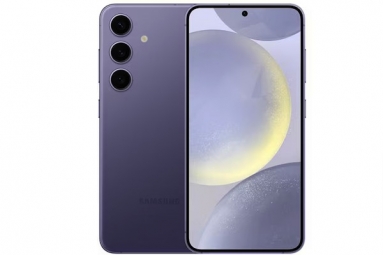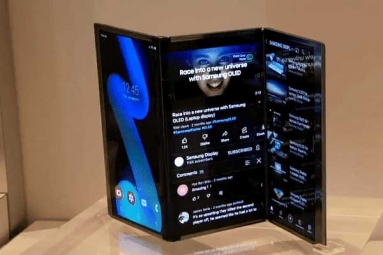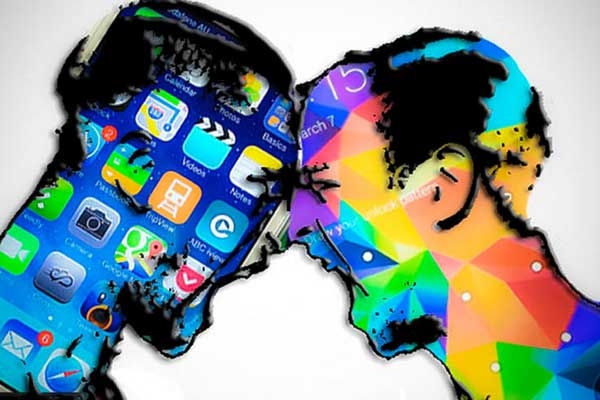
(Image source from: ZDNet)
Apple Inc, an American multinational technology company and Samsung Electronics Co Ltd on Wednesday settled a seven-year apparent conflict over Apple's allegations that Samsung profaned its patents by "slavishly" copying the design of the iPhone.
However, terms of the statement filed in the U.S. District Court for the Northern District of California were not available.
In May, Apple was awarded $539 million by the U.S. jury, after Samsung previously had paid Apple $399 million to compensate for the patent infringement. Nearly $140 million Samsung would need to make an additional payment to Apple if the verdict was upheld.
Though under Wednesday's settlement, how much, if anything Samsung must now pay Apple could not immediately be learned.
An Apple spokesman declined to comment on the terms of the settlement but said Apple "cares deeply about design" and that "this case has always been about more than money," likewise a Samsung spokeswoman declined to comment too.
After a loss at trial, Samsung appealed to the U.S. Supreme Court. The court sided unanimously in December 2016, with Samsung's statement that a patent violator does not have to hand over the whole profit it made from purloined designs if those designs covered only definite portions of a product but not the whole object.
But when the case went back to lower court for trial this year, the jury sided with Apple's argument that, in this specific case, Samsung's profits were attributable to the design elements that violated Apple's patents.
Michael Risch, a professor of patent law at Villanova University, said that because of the recent verdict the settlement likely called for Samsung to make an additional payment to Apple.
But he said there was no clear winner in the dispute, which involved hefty legal fees for both companies. While Apple scored a major public relations victory with an initial $1 billion verdict in 2012, Samsung also obtained rulings in its favor and avoided an injunction that would have blocked it from selling phones in the U.S. market.
By Sowmya Sangam



